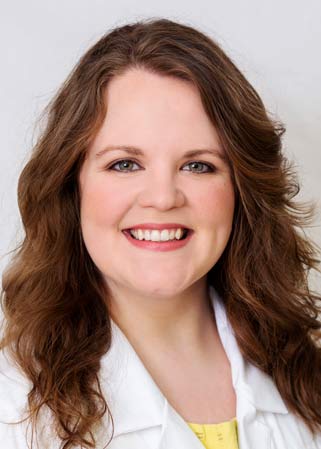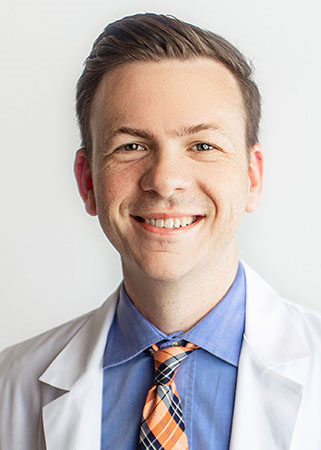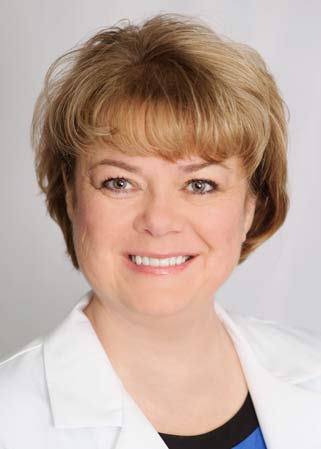Colds / Upper Respiratory Infections
Quick Facts
Colds / Upper Respiratory Infections Doctors
Mary Ann King, DO
Pediatrics
JR McPherson, MD
Pediatrics
Erin Livingston, MD
Pediatrics
Carlisle Livingston, MD
Pediatrics
Jason Simpson, DO
Pediatrics
Nurse Practitioners
Rita Hargett, CFNP
Pediatrics
Emily Brown, NP
Pediatrics
What is a Cold / Upper Respiratory Infection?
These are infections of the upper airways of the nose, mouth, and throat. These are all most always from viruses. These are often called a cold.
Cold Symptoms
- Cough
- Sneezing
- Runny nose
- Itchy, red, and watery eyes
- Throat pain
How do you get a cold?
People get these from each other from coughing and sneezing.
Cold Treatment
There is no cure for a cold. Prevention is the best with covering your mouth and nose when coughing and sneezing. Good hand washing is critical.
In adults and older children, over the counter medications can relieve symptoms.
You should contact your doctor before using over the counter medications if you have:
- High blood pressure
- Prostate issues
- Multiple medical problems
- Seizures
- Planning to give to a young child
- You are pregnant
Cold / Upper Respiratory Infection FAQs
How long do colds last?
They usually last 3-7 days with the symptoms gradually improving.
When do I need to see a doctor?
With symptoms such as fever there may be a secondary infection. These include pneumonias and ear infections. Symptoms such as not drinking or decreased urination may be signs of dehydration.
What cold medications can you give children?
Tylenol can help with fever and pain. Motrin can usually be given in children over 6 months. Children with fever should NEVER be given aspirin.
How do I know if its the flu or just a cold?
The flu usually has more severe symptoms. These are aches, high fever, and headaches.
How long am I contagious?
You can spread this virus before symptoms show and up to 1 week after symptoms start.







